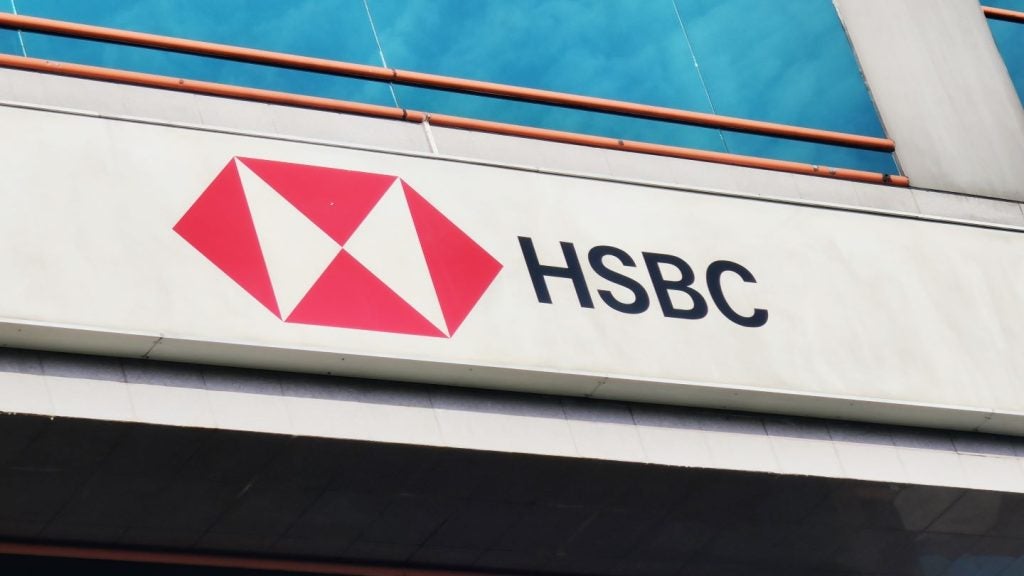Mitek’s Head of EMEA, Joe Bloemendaal makes three predictions for 2017 around the various challenges to be faced by the retail banking sector
In 2017, I forecast that over £4bn in Anti-money laundering (AML) related fines will be levied at financial institutions worldwide; 2017 will be the year that banks, yet again, fail to address digital on-boarding solutions fully and 2017 will see an end to regulatory leniency for fintechs as the bell rings on play time.
For financial institutions, knowing who your customers are is more important than ever. AMLD 4.1 comes into force by June of next year, and increasingly stringent AML laws and regulations are also being adopted worldwide. Governing bodies and regulatory agencies are becoming more aggressive in their enforcement.
The UK’s FCA has not been shy in imposing substantial fines on those who break the rules, and with more firms set to be brought under the regulator’s watch, the level of fines will increase. We’ll also see bigger fines being imposed on firms from outside the financial sector as AMLD 4.1 will cover eWallets and virtual currencies. In recent times the FCA has imposed ever increasing fines on both UK and non-UK banks – Barclays and Sonali Bank being the most high-profile.
The US Department of Justice warned banks that it would begin aggressive enforcement of AML laws and indeed, over the past five years the US government has brought a series of high profile cases against financial institutions for violating applicable AML laws by failing to conduct sufficient due diligence on high-risk customers.
These trends and when the regulations come into force on 24 June, the contagion around increasing regulation will spread from the EU to the rest of the world.

US Tariffs are shifting - will you react or anticipate?
Don’t let policy changes catch you off guard. Stay proactive with real-time data and expert analysis.
By GlobalData2017 will be the year that banks, yet again, fail to address digital on-boarding solutions fully
Despite consumer feedback and increasing numbers of transactions via mobile, banks have still not moved their processes out of the branch. According to the Wall Street Journal Europe, nearly 80% of readers responding identified online and mobile functionality as being among the most important features a bank can offer. Indeed, the UK Card Association found that spending online hit £145bn in 2015 or almost a quarter or all card spending. Increasing numbers of challenger banks are coming to market threatening to take transaction volumes away from traditional banks as consumers are attracted by mobile-first offerings.
However, with the arrival of PSD2 and AMLD 4.1, it looks like the regulator will force their hands if banks refuse to make this transition themselves.
An end to regulatory leniency for Fintech’s as the bell rings on play time
Fintech companies, it would seem, have somewhat of an unfair advantage over banks. They have an almost protected status in the eyes of the regulator, they are unburdened by legacy issues and infrastructure and they can test their business models in specially created sandboxes, free to make mistakes.
These sandboxes enable firms to “test innovative products, services, business models and delivery mechanisms in a live environment without immediately incurring all the normal regulatory consequences of engaging in the activity in question.”
Will this sheltering of startups leave them unable to compete when let out into the real world? Does it create an unfair system where some firms are too small to fail?
In 2017, banks will begin a fightback, and by the end of the year regulators will have levelled the fintech playing field.
2017: Is an identity crisis for the sharing economy looming?
The sharing economy has disrupted traditional service models by allowing buyers and sellers to do business with each other online. Poster children include businesses like Uber, Airbnb, and ZipCar but when you can buy anything from anyone, who do you trust?
How do you know who you’re renting an apartment from? How do you know it’s the same as the pictures? Are you confident that the driver you hire is the same one that picks you up? What about the car you rent? Or the restaurant you order from?
43% of UK millennials say they are ‘very’ nervous about the potential for identity fraud and would only transact with a brand online if it had trusted credentials. In 2017, we will see major investment from these players as they seek to create more ‘trusted’, verifiable customer experiences.
Car-sharing, sofa surfing and food delivery services should authenticate users at a moment’s notice – but shouldn’t trust be built in from the start for users of these services?
MItek works with over 5,000 globally recognised financial institutions on customer on-boarding process and image capture solutions for user authentication.
Joe Bloemendaal is Mitek’s head of EMEA.








